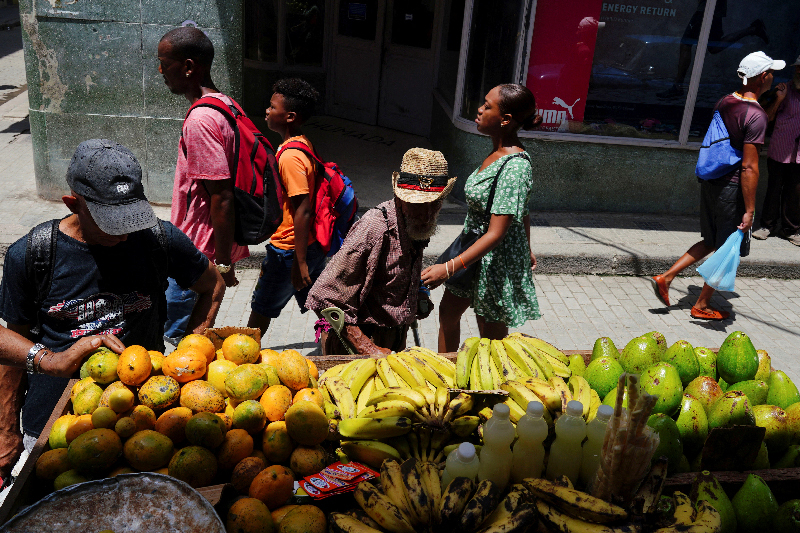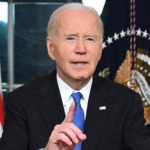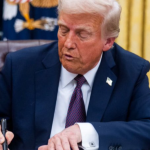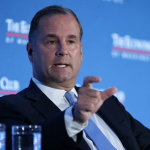
Hundreds of residents in Santiago, Cuba’s second-largest city, took to the streets in an unprecedented public demonstration
Hundreds of residents in Santiago, Cuba’s second-largest city, took to the streets in an unprecedented public demonstration on Sunday, highlighting widespread discontent. The protest, documented through social media and official channels, centered on frustrations over prolonged power outages lasting up to 18 hours a day and severe shortages of essential goods, particularly food. This rare display of public dissent underscores the significant challenges facing ordinary Cubans amidst the country’s deepening economic crisis.
Government Response and Dialogue Call
In response to the unrest, Cuban President Miguel Diaz-Canel issued a statement calling for calm dialogue and emphasizing the government’s commitment to addressing citizens’ concerns. Acknowledging the grievances expressed by protesters, Diaz-Canel vowed to improve electricity and food distribution while cautioning against external forces seeking to exploit the situation for destabilization. The president’s call for dialogue reflects a delicate balancing act, aiming to appease frustrated citizens while maintaining control over the narrative and minimizing the risk of broader unrest.
Deployment of Police and Maintenance of Peace
As tensions simmered in Santiago, police forces were deployed to maintain order and prevent potential violence. The presence of law enforcement aimed to ensure that the protests remained peaceful and orderly, despite the underlying frustrations fuelling the demonstrations. Reports indicated that the protests in Santiago remained largely nonviolent, with participants voicing their grievances in a respectful manner. However, videos circulated on social media purportedly showing protests in other Cuban cities, although their authenticity remained unconfirmed. The deployment of police underscores the Cuban government’s determination to prevent the escalation of unrest and maintain stability amidst growing socio-economic challenges.
International Reaction and Political Dynamics
The U.S. Embassy in Havana closely monitored the situation, expressing concern over the potential violation of protesters’ human rights and urging the Cuban government to address their legitimate grievances. The United States’ stance reflects longstanding tensions between the two countries, with Cuba accusing the U.S. of economic aggression through the imposition of trade embargoes and sanctions. In response to international scrutiny, Cuban Foreign Minister Bruno Rodriguez attributed the country’s economic challenges to the long-standing U.S. trade embargo and sanctions, dismissing external interference in Cuba’s internal affairs. Rodriguez’s remarks highlight the politicization of the protests and the broader geopolitical dynamics at play.
The protests in Santiago and the government’s response underscore ongoing political and economic tensions in Cuba, prompting renewed scrutiny from international observers and stakeholders. The Cuban government faces mounting pressure to address the root causes of the protests, including systemic economic issues and deficiencies in governance. While the immediate focus may be on restoring calm and stability, the underlying grievances driving the protests are unlikely to dissipate without meaningful reforms.
The rare public protests in Santiago represent a significant challenge to the Cuban government’s authority and highlight the urgent need for economic and political reforms. The government’s response, characterized by calls for dialogue and the deployment of police forces, reflects a delicate balancing act aimed at maintaining control while addressing citizen concerns. However, the underlying socio-economic challenges facing Cuba are complex and deep-rooted, requiring comprehensive solutions that go beyond short-term measures. As international scrutiny intensifies and domestic discontent simmers, the Cuban government faces mounting pressure to enact meaningful reforms to address the grievances of its citizens and pave the way for a more prosperous and stable future.







